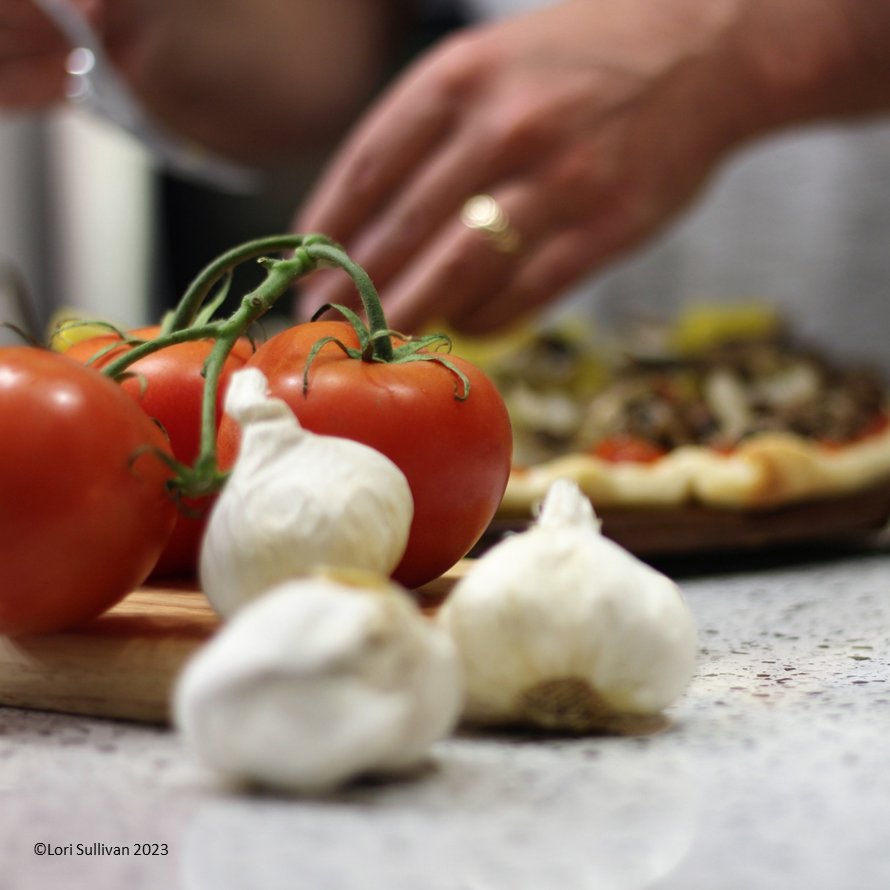
This week has been focused on the benefits of not multi-tasking.
We covered why shift to single tasking to improve focus and productivity. We reviewed how task batching and time blocking could help with single tasking. Then, we looked at how those strategies might be applied to tasks of a leader. Yesterday, we covered the benefits of both the work sessions and the breaks when using the Pomodoro technique.
Today, we are going to turn the topic on it’s head and cover an example of when you might want to consider multi-tasking instead. This article covers research done at the University of North Carolina Kenan-Flagler Business School.
The article suggests that multi-tasking just before doing something creative is beneficial. They found that those who multi-task prior to creative work have more ideas than those who do not. So, what is the right formula to maximize creativity and reduce the stress that multi-tasking can cause?
My Perspective – Task Pairings
Most of the work we do is a combination of tasks to be completed and creativity.
Creative work will take different forms for each of us. Some have a formal creative role in an organization, others analyzing information and looking for insights, and others will be redesigning processes. No matter your role, there is an element of creativity.
As I consider the times when multi-tasking has led to creativity for me, I realize the task pairings are key. I am typically combining a routine, nearly automatic, activity with some form of inspirational activity. Below are examples of both types of activities.
Routine Activities – Walking (outdoors or on a treadmill), driving, eating, watching TV, showering, or doing household tasks like unloading a dishwasher or folding laundry.
Inspirational Activities – Listening to a podcast, reading a book, having a conversation, cooking, listening to music, and watching videos.
The key is to find the right multi-tasking pairings that boost your creativity. For me, the list includes walking and listening to podcasts, household tasks and conversation, preparing dinner and “watching” TED talks, or reading with TV on in the background.
Your Turn
Do you find some types of multi-tasking help you be more creative?
Do you pair routine and inspirational activities?
Which ones work best for you?
